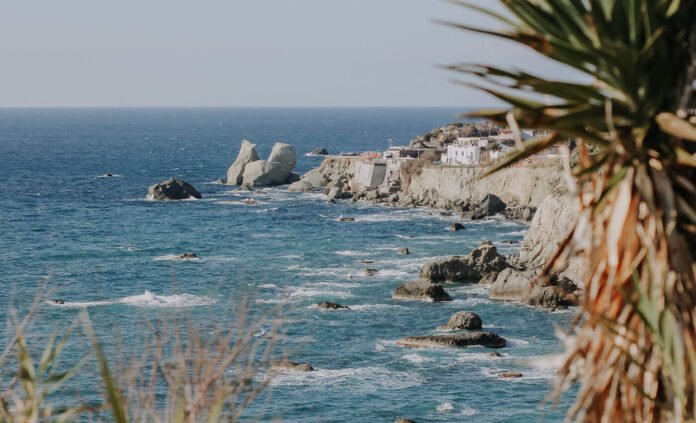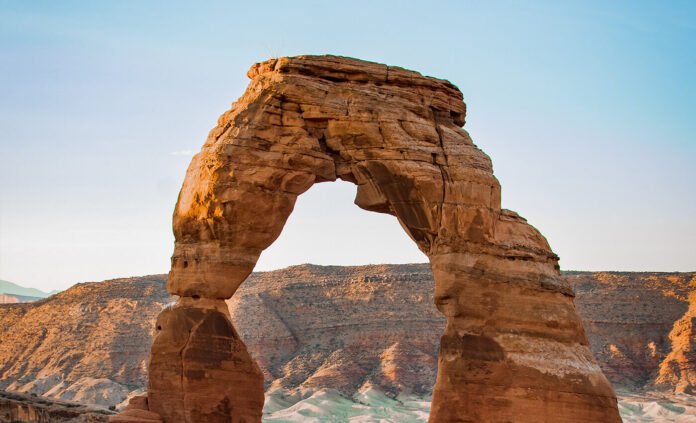Mount Fuji is more than just a mountain; it is a symbol of Japan’s natural beauty, a spiritual landmark, and a popular destination for adventurers from around the world. Towering at 3,776 meters, it is the highest peak in Japan and one of the most recognizable mountains in the world, frequently featured in art, photography, and literature. Whether you’re an avid hiker, a nature enthusiast, or simply someone who appreciates the cultural significance of Japan, Mount Fuji offers an unforgettable experience. Let’s explore what makes this majestic peak so unique and why it should be on your travel list.

A Sacred Mountain: Symbolism and Spirituality
Mount Fuji holds a special place in the hearts of the Japanese people, both culturally and spiritually. It is considered a sacred site and has been the subject of worship for centuries. In Shintoism, Mount Fuji is regarded as the home of the fire goddess, Konohanasakuya-hime, and the mountain is revered as a spiritual symbol of beauty, strength, and resilience. Pilgrims have been ascending its slopes for centuries as part of religious practices, and to this day, many visitors climb the mountain to find peace and reflection.
Every summer, thousands of people embark on a journey to reach the summit of Mount Fuji, with its majestic beauty and serene surroundings offering a chance for both physical challenge and spiritual rejuvenation. The mountain has been designated a UNESCO World Heritage site, further cementing its significance as a cultural treasure.
Climbing Mount Fuji: An Adventure for All
While Mount Fuji may appear intimidating at first glance, climbing it is a popular activity among both beginners and experienced mountaineers. The official climbing season is from early July to early September when the weather is most favorable. During this period, the mountain’s trails are well-marked and accessible, with mountain huts available along the way to provide food, rest, and shelter.
There are four main routes to the summit: the Yoshida, Subashiri, Gotemba, and Fujinomiya trails. The Yoshida Trail is the most popular, starting from the fifth station and offering stunning views of the surrounding landscape as you ascend. The climb takes about five to seven hours, depending on the route and the weather conditions. For those seeking a more leisurely ascent, it’s possible to take the mountain cable cars that reach the fifth station and enjoy a more relaxed experience.
For those who prefer a more challenging adventure, night climbing is a thrilling option. Many climbers begin their ascent in the late afternoon or evening to reach the summit just in time for sunrise. This breathtaking moment, when the sun rises over the clouds, is known as “Goraiko,” and it is a highlight of the climb. The sight of the sun’s first rays lighting up the sky, casting a golden glow on the surrounding mountains, is an experience like no other.

The Fuji Five Lakes: Nature’s Tranquility
If you’re not interested in climbing Mount Fuji, you can still appreciate its beauty and grandeur by visiting the Fuji Five Lakes area at the base of the mountain. The lakes—Kawaguchi, Yamanaka, Saiko, Shoji, and Motosu—offer serene views of the mountain and are perfect for leisurely activities such as boating, fishing, and hiking. The surrounding area is home to charming towns and picturesque views, making it a peaceful retreat from the hustle and bustle of city life.
Each of the five lakes offers a unique perspective of Mount Fuji. Lake Kawaguchi, in particular, is known for its stunning reflections of the mountain, especially during autumn when the foliage turns vibrant shades of red and orange. The lake is also home to several hot springs, where visitors can relax and unwind while enjoying panoramic views of the mountain.

Best Time to Visit
The best time to visit Mount Fuji depends on what kind of experience you’re looking for. If you’re planning to climb the mountain, the official climbing season from July to September offers the safest and most enjoyable conditions. However, Mount Fuji is equally impressive in the winter months, when it is capped with snow, providing a breathtaking view from afar.
For those who prefer not to climb, the Fuji Five Lakes region can be visited year-round, with each season offering its own unique charm. Spring brings beautiful cherry blossoms, while fall offers vibrant foliage that contrasts beautifully with the white-capped summit of Mount Fuji.
Conclusion
Whether you’re an adventurer seeking the challenge of reaching the summit or someone who simply wants to admire the beauty of Japan’s iconic peak, Mount Fuji is a destination that should not be missed. Its natural beauty, spiritual significance, and the opportunity for outdoor adventure make it a must-see for anyone visiting Japan. From climbing its slopes to enjoying the serenity of the Fuji Five Lakes, Mount Fuji promises an experience that will stay with you long after you’ve left. Make sure to add it to your travel itinerary—this legendary mountain awaits your discovery.




